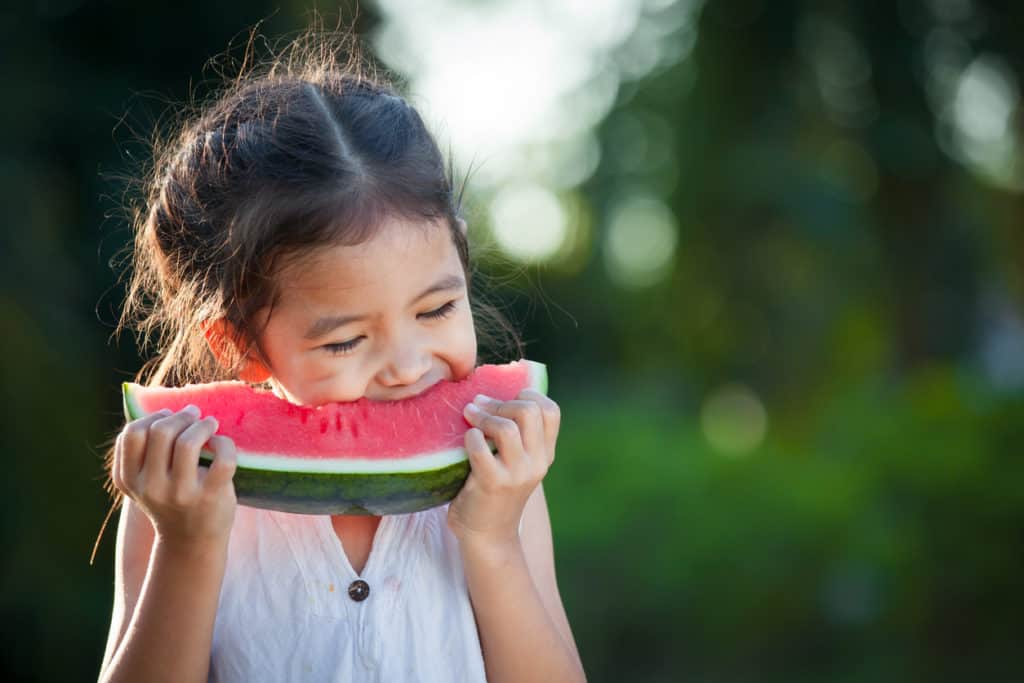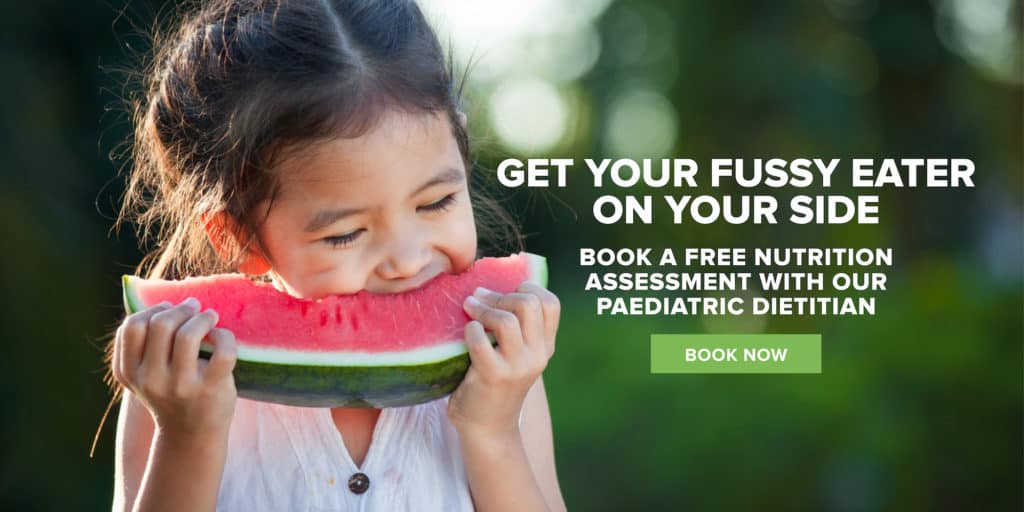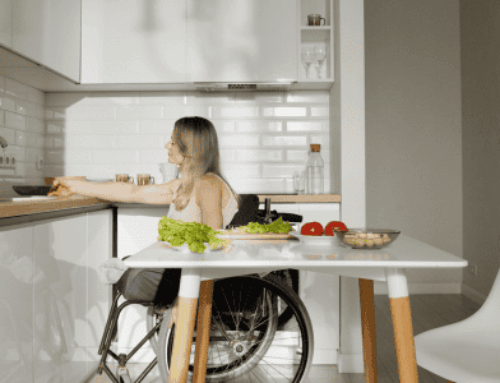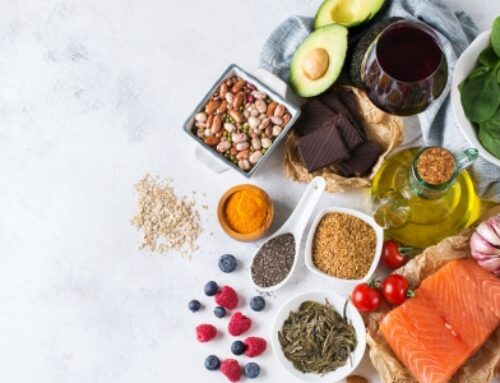
The biggest difficulties that you’ll face while parenting young children are likely to revolve around two things:
Sleeping and Eating
I’d like to help you with the eating!
The first few years of a child’s life are vital when it comes to ensuring good nutrition and the development of healthy eating habits. Many of the habits we have as adults originated from our infancy and childhood.
The problem that most parents face is that they find themselves in survival mode. They’re not able to be proactive about their children’s diet, they are simply surviving, day in, day out. They feed their kids food they know they’ll eat, they make multiple meals for different family members, they rely on convenience foods and takeaway and have no time, energy or motivation to go about improving their child’s eating habits.
If this is you, I’m not writing this post to discourage you. Quite the opposite. I know what it’s like to be stuck in survival mode and it’s not fun. As parents, our greatest desire is to do the best we can for our kids, but when we’re stuck in a rut it’s hard to see life being done any other way.
I would like to inspire all parents, who are stuck in survival mode and that are struggling with fussy toddlers or kids that you can get out of the rut! All you have to do is give yourself a few minutes to sit down and decide on the type of kids that you want to raise. Get back on the front foot with your children’s eating habits and start to pave the way. Healthy eating is a skill that must be taught and they’ve got to learn it from us.
If you’re a little bit unsure as to where to start, here are the three ‘P’s (according to me) of healthy kids and toddlers:
Planning
Planning is so important, you mustn’t underestimate it. I spend about one hour a week planning my family’s meals (includes writing a shopping list and ordering food online). Organisation is the key to consistent healthy eating and unless you have a personal chef who cooks for you, you’ll find it difficult to develop healthy eating habits for your family if you’re not organised.
You must plan to eat healthy food or you wont eat it. Simple as that. The planning ‘P’ involves two aspects:
1. The first side is planning to start the process of being proactive with raising healthy eaters. How are you going to set the food rules in your home? How are you going to stick to them? How are you going to reward good food choices? What new foods will you introduce this week? What new meals are you going to cook? All these things need to be worked out before you start. Doing it on the fly is never a good idea.
2. The second side of this ‘P’ is involving your kids in the planning process. Kid’s and toddlers can be hesitant to try new foods, simply due to fear of the unknown. It’s really good for them to be apart of the whole process. Kids also like to know they have a bit of control over a situation. Being involved in the meal planning can help them feel valued as a member of the family and confident that they’re in control of the situation. Maybe get each of your kids to help you choose one meal per week. Encourage them to choose something that’s nutritious and has a good amount of vegetables. If you have older kids, let them flick through a cookbook and pick a new recipe to try.
Purchasing
This is the fun part! Take your kids shopping with you!
The process can be a little lost on under 3 year olds but over this age you can make it a fun educational experience. You don’t have to do it every week (it’s not always easy grocery shopping with kids) but I try to take my kid’s with me semi-regularly so I can use the opportunity to teach them about food.
When my kids were little (3 & 4 years old) we did an activity together called ‘market day’.
Market day was an exercise purely for them. I gave them each a basket and I set aside $20-$30 or so to spend from our budget and I let them go nuts in the green grocer at the Fyshwick markets. Their instructions are to buy any fruit and vegetables they wanted. I give them a little guidance (Carter did want to purchase 10 capsicums the last time we went) but otherwise it’s totally up to them.
‘Market day’ has been so successful we now have a weekly family tradition of heading to the markets on a Sunday to buy our fresh fruit and vegetables for the week ahead. It’s something we all look forward to.
Preparing
Getting your kids involved in food preparation is a really important part of the process. It’s one of the ways we eliminate fear of the unknown. When they see how the food was prepared and were able to be a part of it, they are more likely to partake of the meal when it’s put in front of them.
The amount that your kids can be involved in food preparation will depend on their age. Toddlers and preschoolers (1-4 years) are too young to use sharp knives and be around hot stoves, etc, but they can help with measuring out food, putting salad or vegetables on the plate or in a serving bowl.
Check out this article from my colleague Michelle on cooking with kids for more ideas.
Michelle Bulman is our Paediatric Dietitian expert and can help you with a fussy eater.




